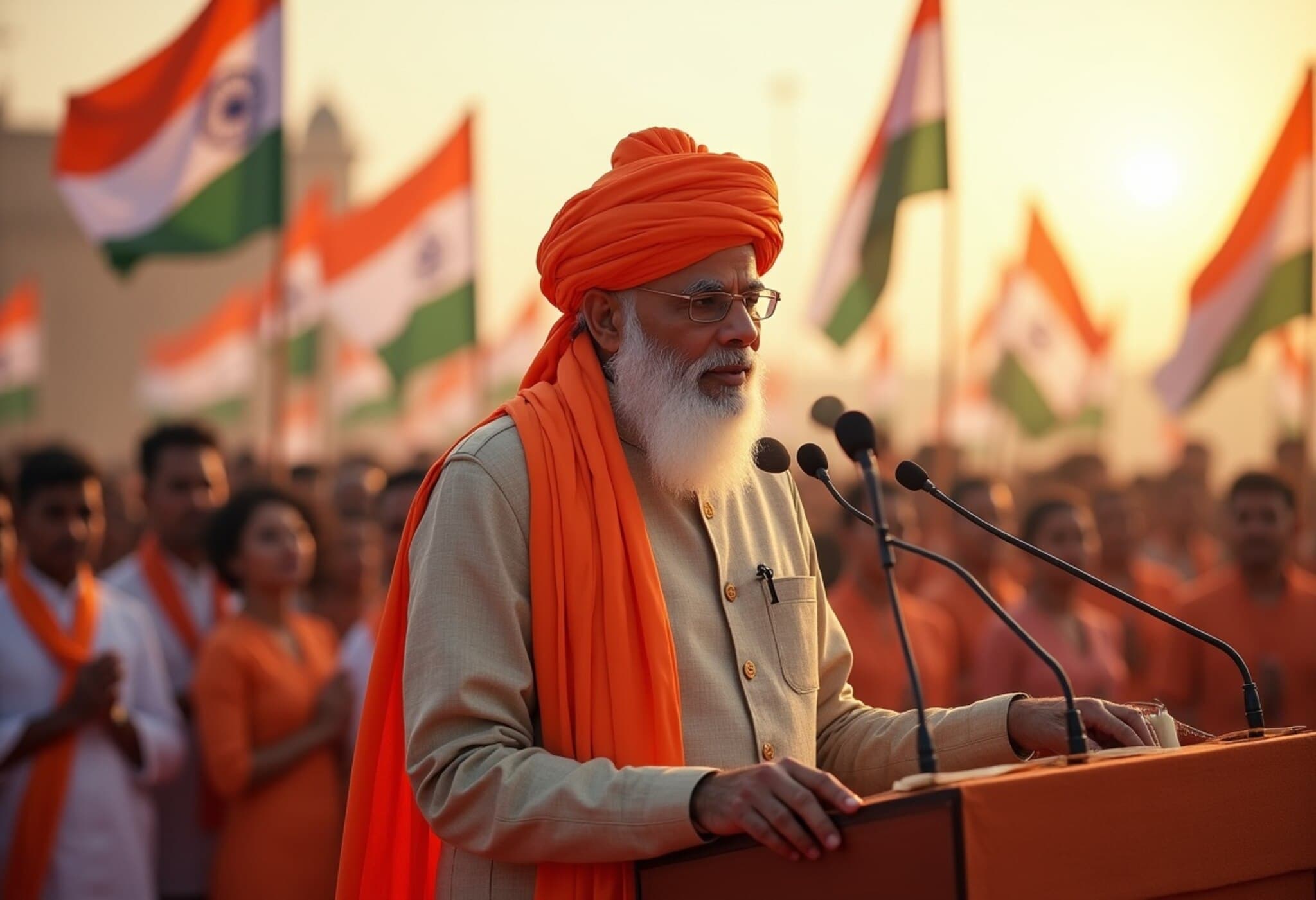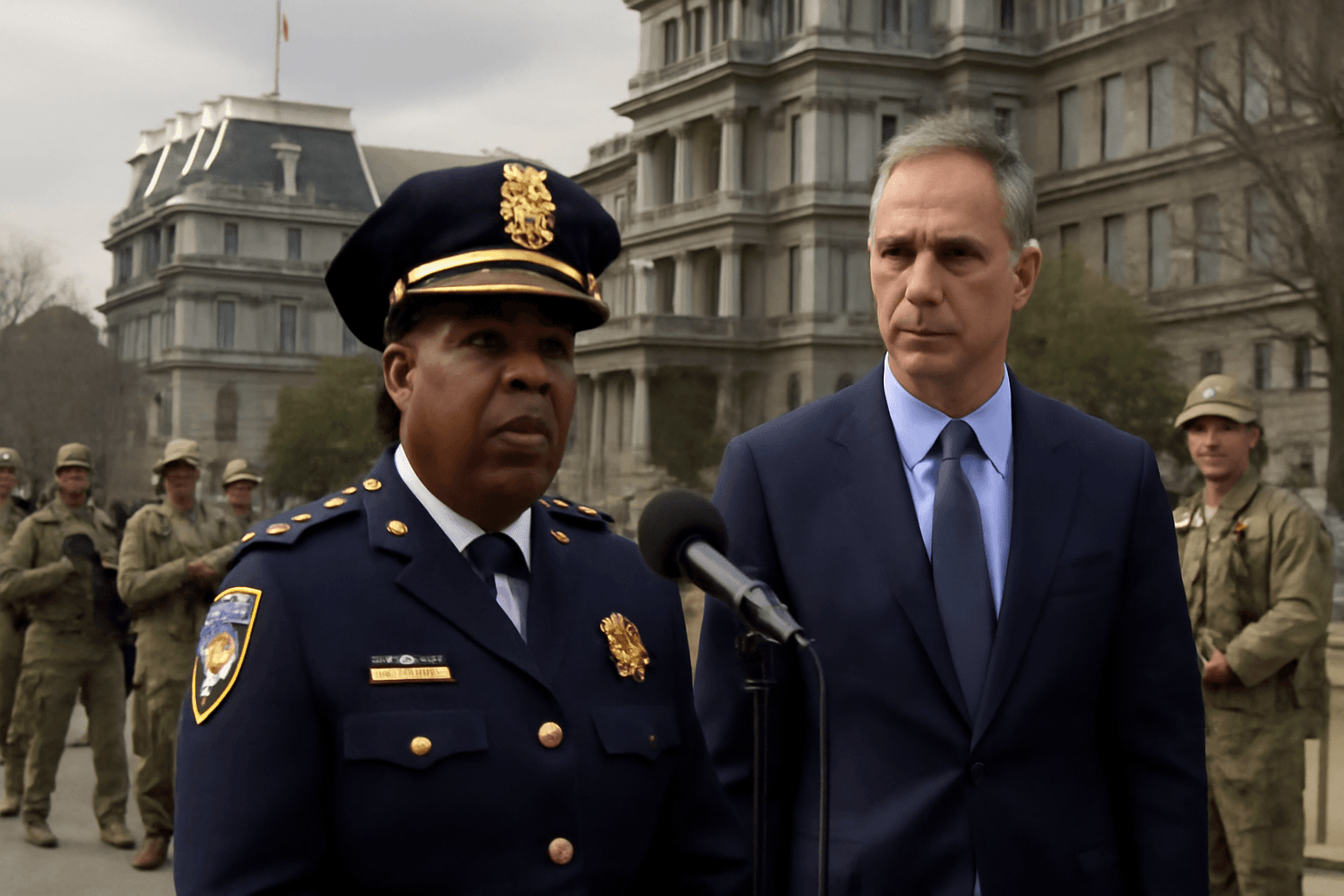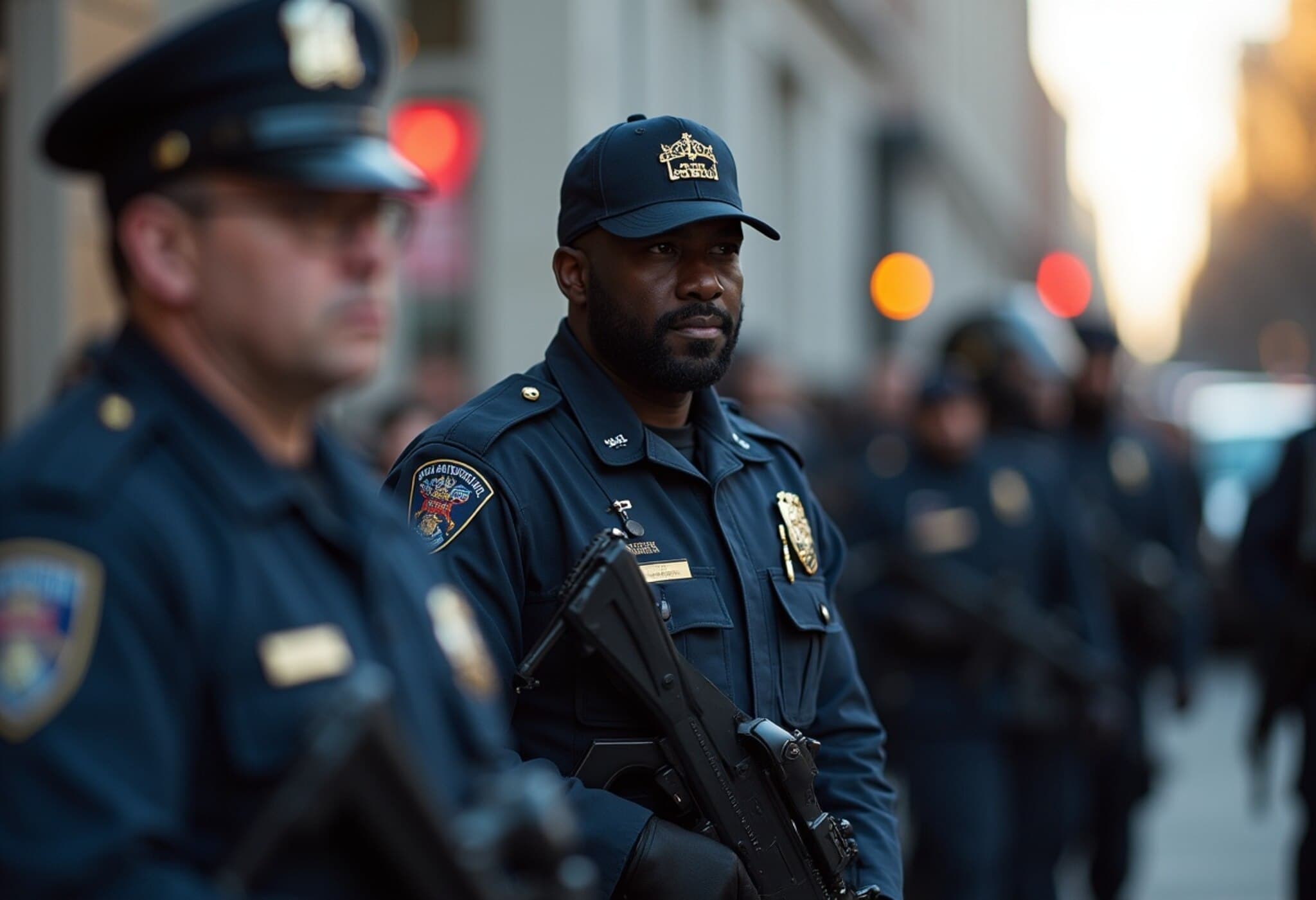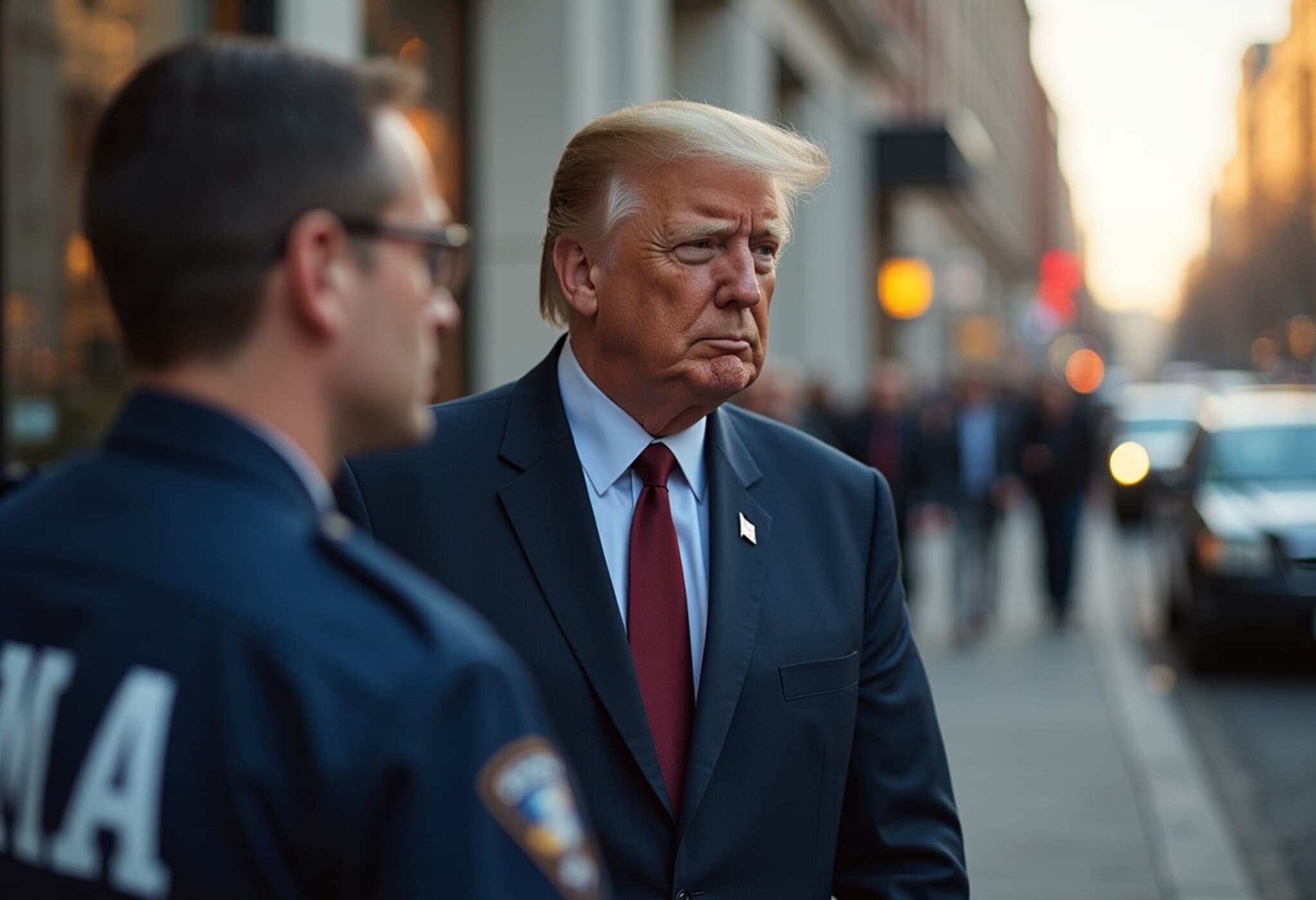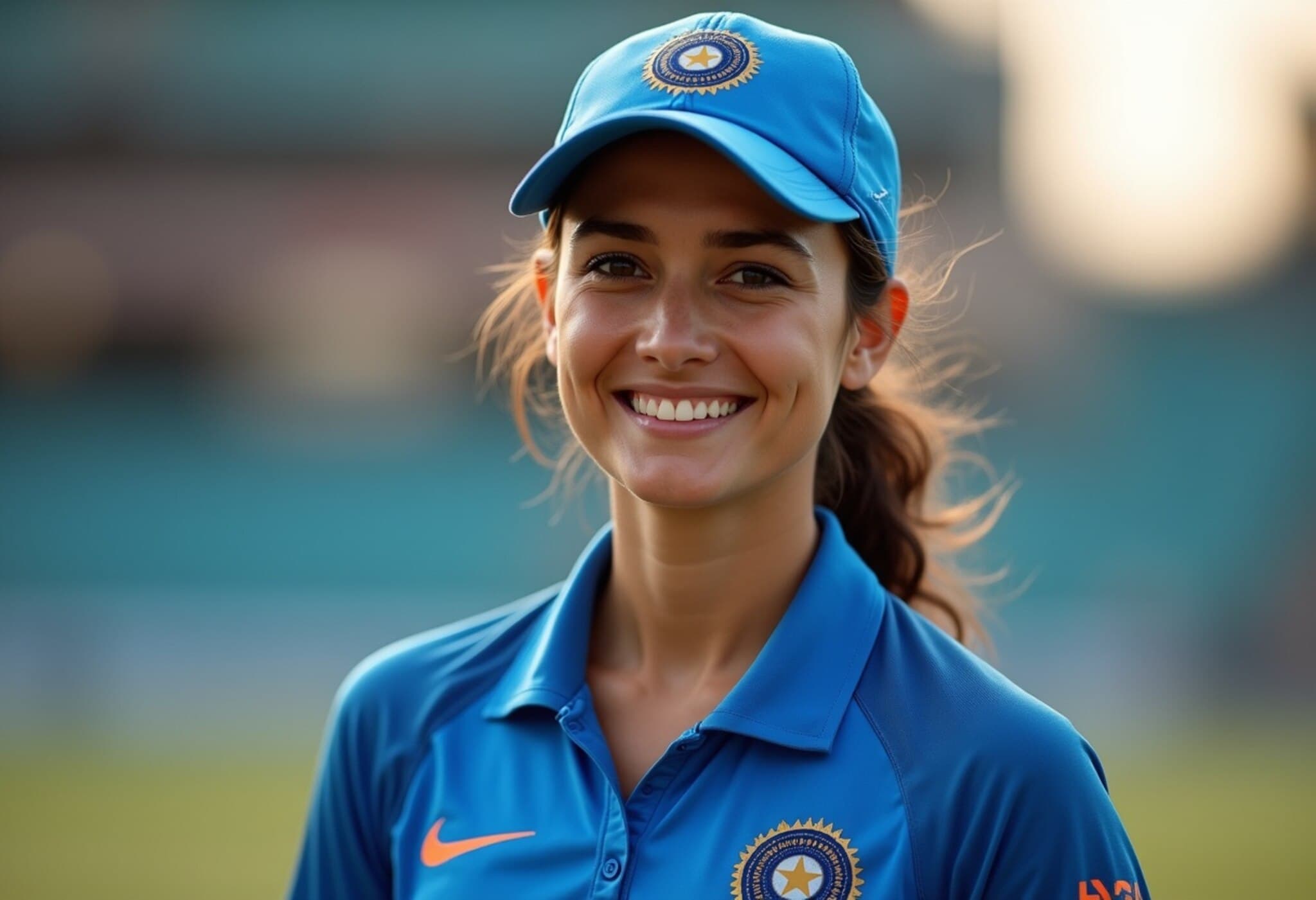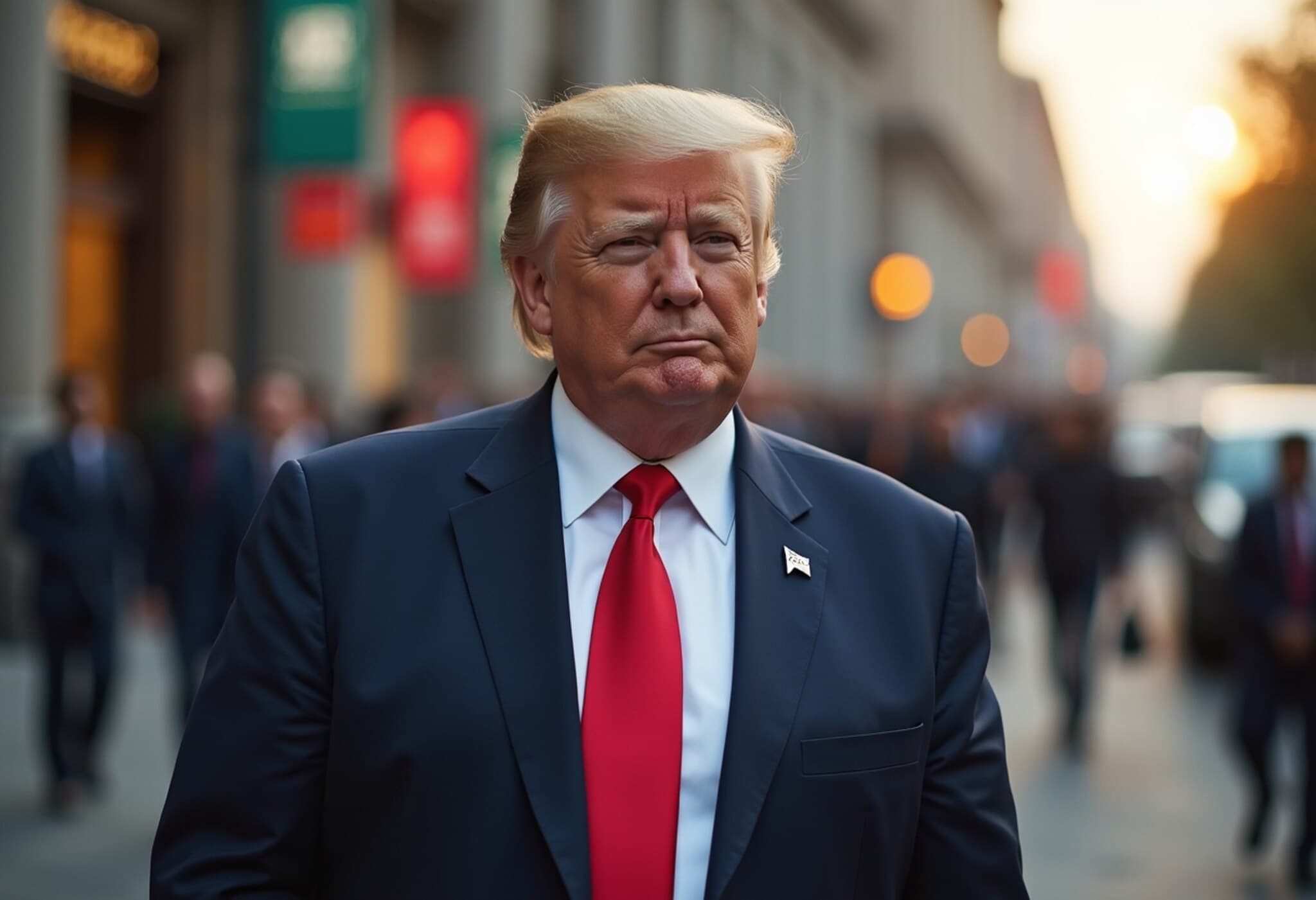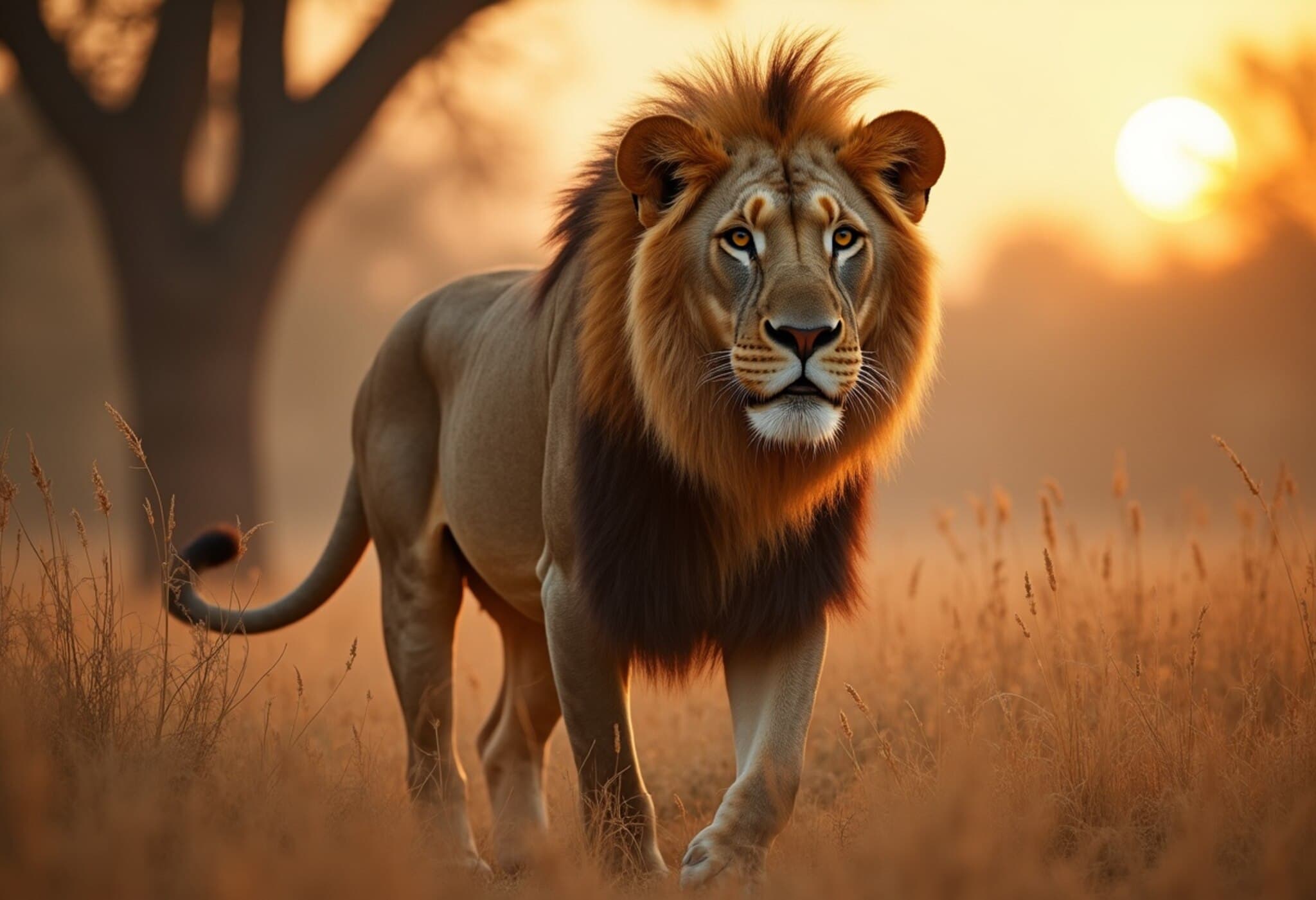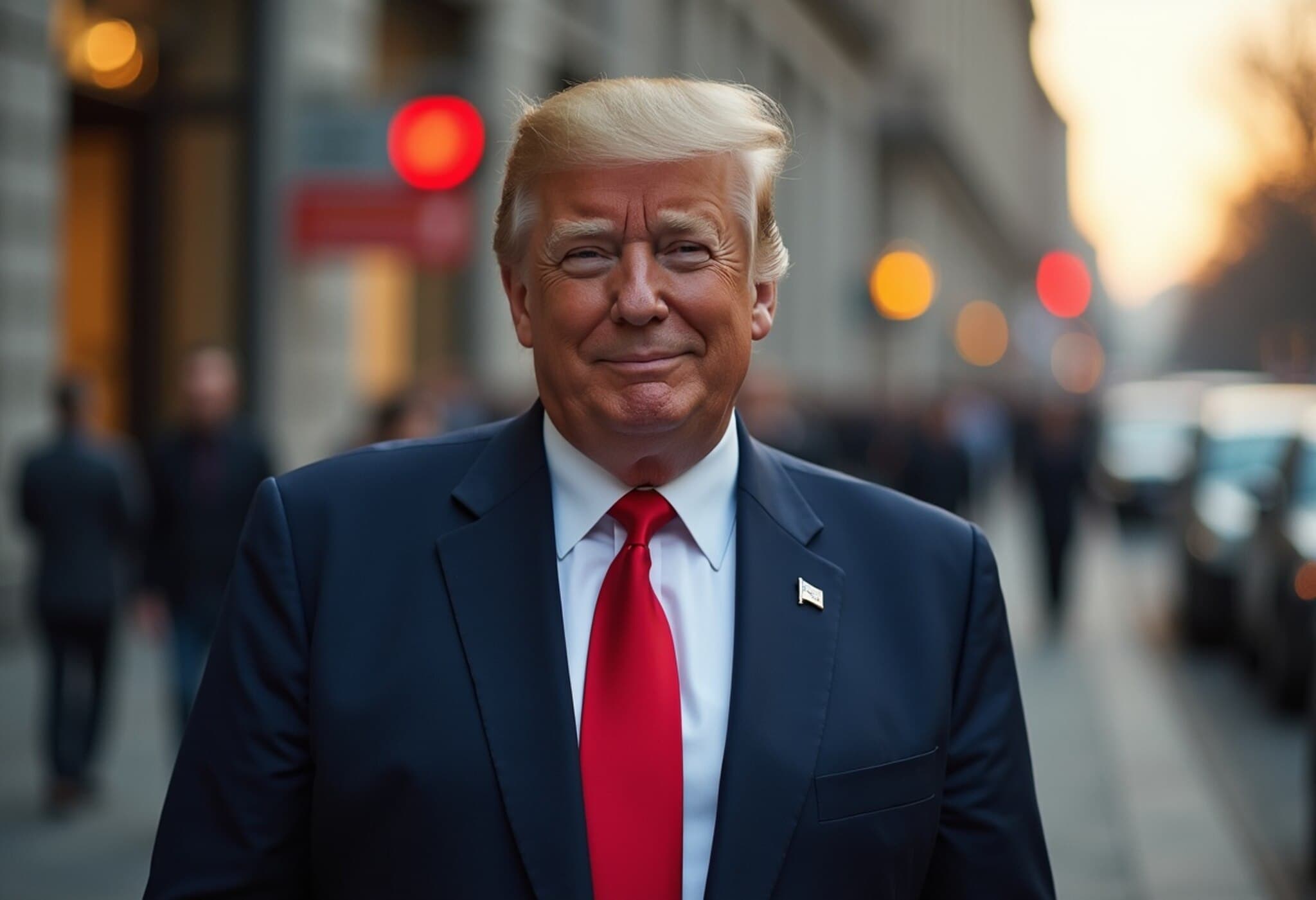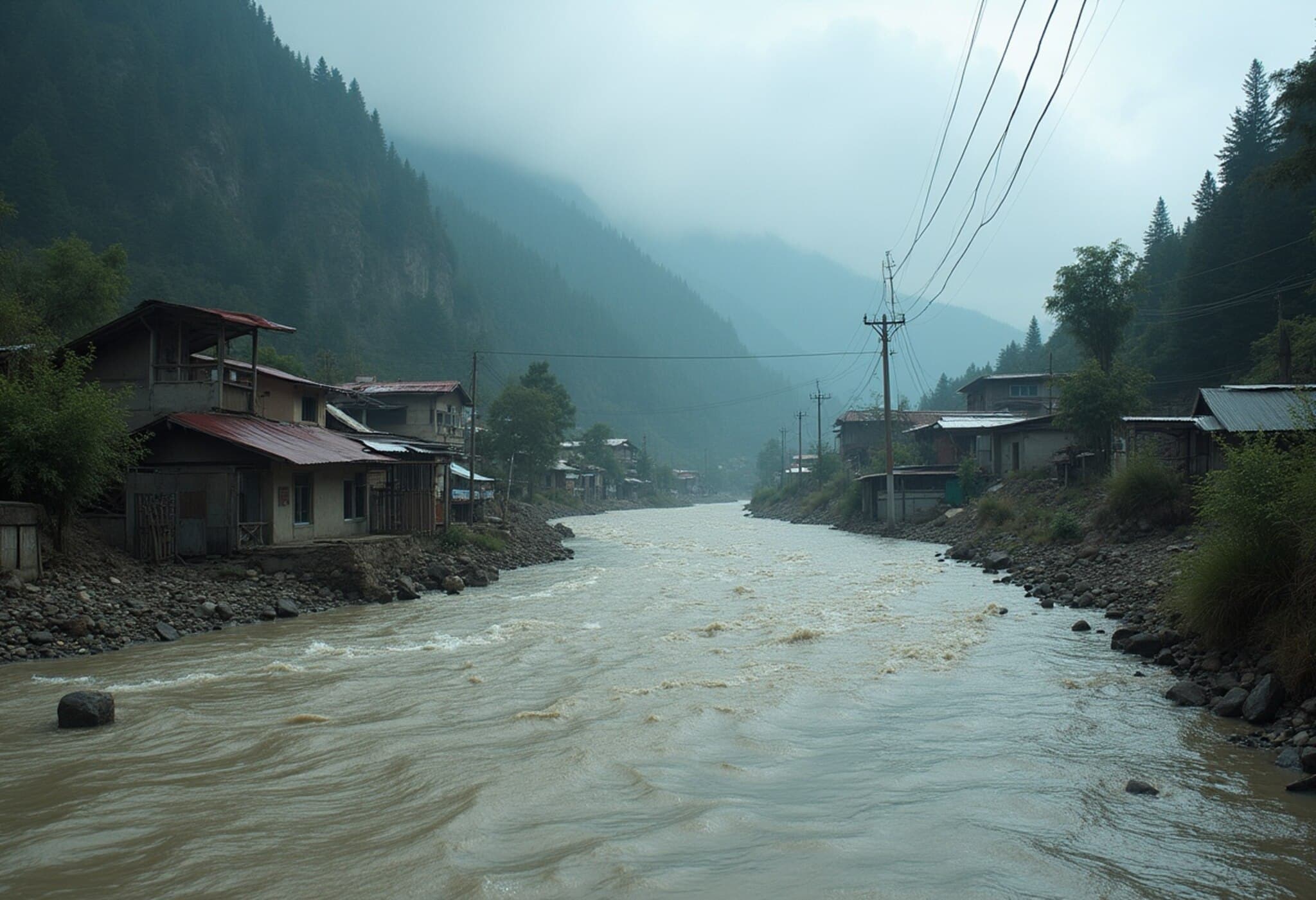PM Modi Praises RSS's Century of Service on Independence Day
In a heartfelt address from the historic Red Fort on India’s 79th Independence Day, Prime Minister Narendra Modi commended the Rashtriya Swayamsevak Sangh (RSS) for completing a remarkable 100 years dedicated to nation-building. Describing the RSS as the world’s largest non-governmental organization (NGO), Modi highlighted its unwavering commitment to the welfare and development of India.
“A century ago, the Rashtriya Swayamsevak Sangh was founded,” he stated. “This marks a proud, golden chapter in our history, with countless swayamsevaks devoted to the service of Maa Bharati. Their guiding principle—‘vyakti nirman se rashtra nirman’ (nation-building through character-building)—resonates deeply in the progress our nation has made.”
RSS Chief Mohan Bhagwat’s Vision for India and the World
On the same day, RSS chief Mohan Bhagwat hoisted the Indian tricolor at the Utkal Bipanna Sahayata Samiti. He portrayed India as a unique nation with a global mission: to usher in peace and happiness by sharing its philosophical and cultural heritage.
“Our very independence was sought to ensure every citizen experiences happiness, courage, security, and peace. The world today faces unprecedented challenges, yet solutions elude us despite millennia of attempts. It is our collective responsibility to present a new path grounded in our rich Dharma, offering peace and harmony to the global community,” Bhagwat said.
Red Fort Ceremony and Diverse Guest Attendance
The Independence Day ceremony was marked by the Prime Minister hoisting the national flag, accompanied by Defence Minister Rajnath Singh, Minister of State Sanjay Seth, and the Chiefs of the Army, Navy, and Air Force. The ceremonial guard of honour was performed by a combined contingent of 128 personnel representing the armed forces, Delhi Police, and the National Flag Guard.
Moreover, the celebrations included around 5,000 distinguished guests from various sectors—highlighting India’s multifaceted achievements. Notable attendees included members of the Indian contingent for Special Olympics 2025, winners of international sporting events, gold medalists from the Khelo India Para Games, and leading farmers associated with the National Beekeeping and Honey Mission.
Expert Insights: The Socio-Political Impact of Commemorating RSS
The Prime Minister’s tribute to the RSS on this national occasion underscores an important political narrative in contemporary India. Recognizing the RSS as the largest NGO amplifies its socio-cultural influence, particularly given its historically complex role in shaping national identity. This acknowledgment also reflects the government’s ongoing emphasis on indigenous organizations as pillars of civil society and development.
From a policy perspective, emphasizing the RSS’s motto—‘vyakti nirman se rashtra nirman’—aligns with government initiatives focusing on character building and grassroots engagement. Yet, it also invites broader reflection on how such organizations navigate India’s diverse social fabric without alienating minority communities, an ongoing challenge for inclusive nation-building.
Underreported Angles and Future Questions
- How does the designation of the RSS as the world’s largest NGO impact the perception of civil society in India and internationally?
- What are the implications of intertwining political leadership with major social organizations during national celebrations?
- In what ways can India harness its indigenous networks effectively to address contemporary socio-economic challenges?
These questions become especially relevant as India positions itself as a global leader promoting peace, happiness, and sustainable development aligned with its cultural and ethical values.
Editor's Note
Marking the 100th anniversary of the RSS within the Independence Day celebrations signifies more than just a commemoration; it highlights India’s evolving narrative of nation-building through indigenous societal frameworks. As this dialogue continues, readers are encouraged to think critically about the balance between cultural heritage and inclusive progress that shapes modern India’s journey forward.

